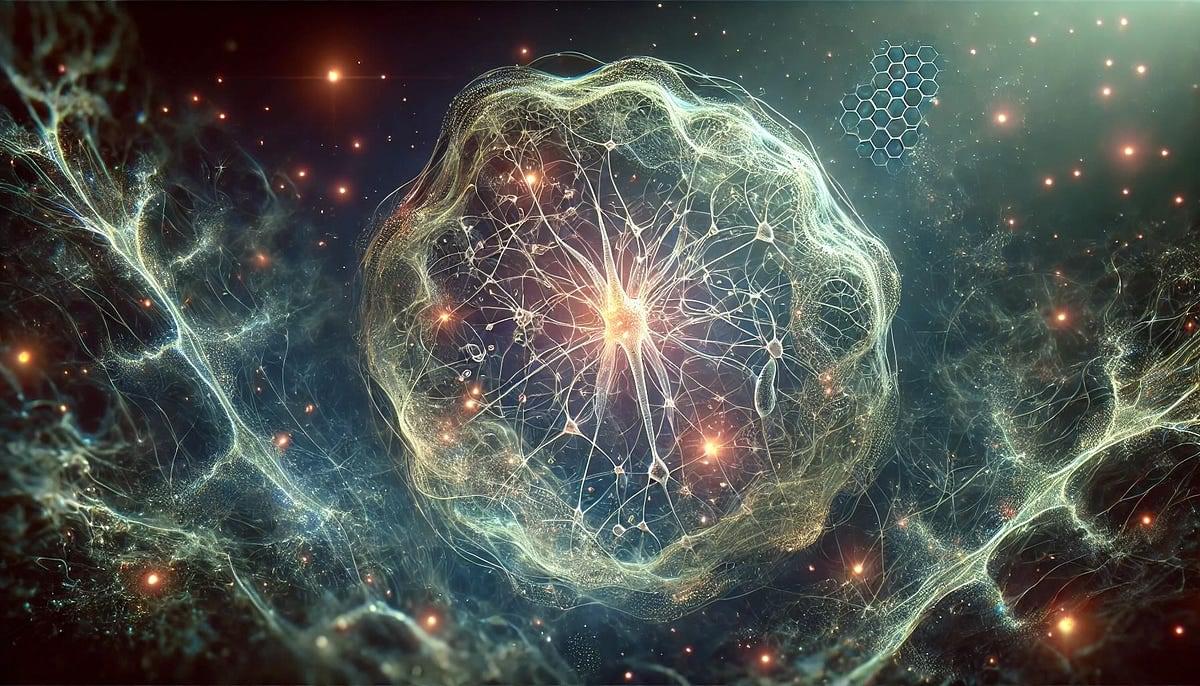This essay advances a speculative yet empirically-grounded hypothesis: that microtubular cytoskeletal structures constitute proto-cognitive architectures in unicellular organisms, thereby establishing an evolutionary substrate for cognition that predates neural systems. Drawing upon converging evidence from molecular biology, quantum biophysics, phenomenological philosophy, and biosemiotic theory, I propose a cytoskeletal epistemology wherein cognition emerges not exclusively from neural networks, but from the dynamic, embodied information-processing capacities inherent in cellular organization itself. This framework challenges neurocentric accounts of mind while suggesting new avenues for investigating the biological foundations of knowing.
Contemporary cognitive science predominantly situates the genesis of mind within neural tissue, tacitly assuming that cognition emerges exclusively from the electrochemical dynamics of neurons and their synaptic interconnections. Yet this neurocentric paradigm, while experimentally productive, encounters both conceptual and empirical limitations when confronted with fundamental questions regarding the biological preconditions for epistemic capacities. As Thompson (2007) observes, “Life and mind share a set of basic organizational properties, and the organizational properties distinctive of mind are an enriched version of those fundamental to life” (p. 128). This suggests a profound continuity between biological and cognitive processes — a continuity that invites investigation into pre-neural substrates of cognition.
The present inquiry examines the hypothesis that the microtubule — a foundational cytoskeletal element ubiquitous across eukaryotic cells — functions not merely as mechanical infrastructure but as an evolutionary precursor to cognitive architecture, instantiating proto-epistemic capacities in unicellular and pre-neural multicellular organisms. This hypothesis emerges at the intersection of multiple research programs, including quantum approaches to consciousness (Hameroff & Penrose, 2014), autopoietic theories of cognition (Maturana & Varela, 1980), and recent advances in cytoskeletal biology (Pirino et al., 2022).
